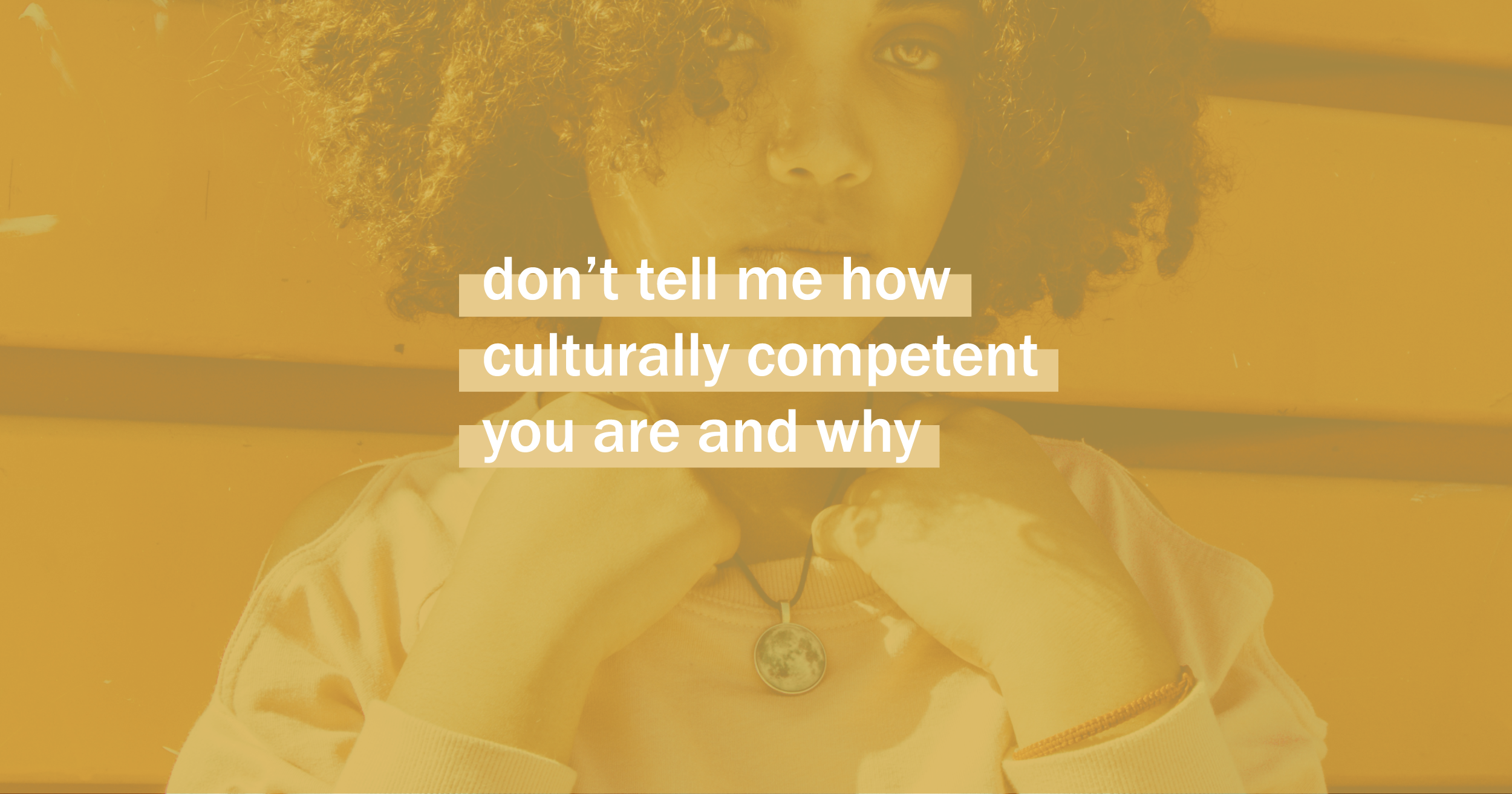Why I Might Not Be Self-Employed If I Had My Way
Photo by Daniel Spase on Unsplash
About a month ago, I had the immense pleasure of being interviewed for The Dream Differed Podcast. Now, let me set the scene for you. This was a breakfast interview — a whole breakfast. Waffles made in front of me, bacon, mimosas — just, mm. Hosts Christian and Cayman must’ve known something about me when they planned this. Total strangers only moments before, they had me warmed up and gabbing for well over an hour with ease.
But seriously, Christian and Cayman’s questions stirred up some incredibly significant reflections for me — including the topic of todays’ blog post. As December begins, I’m looking back on two years of self-employment. Two years of not always knowing month to month where my income is going to come from or how much it is going to be. Why?
When Christian asked a question that touched on this, I said:
(13:30) “I think I just came to understand that that was the only way I was going to have the power to make the decisions that felt dignified to me, and appropriate — even within the nonprofit world… I really expected [the nonprofit and doula worlds] to be spaces where people were very thoughtful, very open to conversation, very reflective, and — you know — we’re doing it for the community right? That’s the slogan, that’s on the brochure, that’s on the website, and everything so why wouldn’t people carry that into their actions and the way that they talk to their coworkers and the way that we make decisions, but then the reality of being in the space and being like —
”Oh, as soon as I say something I’m a ‘non-productive member’ of this community — as soon as I point something out, it’s like, ‘well, 'I don’t understand that experience, what’s your basis?’ What’s my basis? I’m my basis! I’m the basis!... I carry the legitimacy of what I’m saying with me; I’ve carried it my whole life.”
I needed my work AND my life to be valued. And I needed the lessons and sensitivities of my life’s experience to have a tangible impact and role in my work.
I needed this partly for me — to feed my own soul, which surely gets weary in the workplace when I feel undervalued and silenced — but also because I was seeing that it had DIRECT impact on the outcomes of my work, which had to do with the quality and direction of peoples’ individual and communal lives!
I haven’t innately changed. The way I work hasn’t really changed either. When I was working for someone else, I was still just as genuine and hardworking as I am now. I still cared for the people I worked with and near the same way I care for folks now. I still pulled long hours and did things from a place of passion.
But I didn’t have the power or the influence to be sure that my own good intentions weren’t being… overshadowed or undermined or maybe even upended entirely… by systematic flaws.
Now, to this point it sounds like I’m saying the opposite of this blog post’s title, and — yes that’s sort of true. Unless I come to a point where I understand that practically, I need to put my self-employment to the side in order to sustain my life — I’m likely going to stay self-employed.
But… in an ideal world, if I had my way, I wouldn’t have those concerns I expressed to Christian and Cayman.
In an ideal world, if I had my way, I could be a part of a company or a nonprofit that provided benefits, and vacation time, and vocational development, and genuinely communicated with the folks they served, intentionally and self-critically pursued the goals they claimed to be committed to, really valued and listened and heard staff who voiced concerns about the communal culture, and did hard work to be sure that the communal culture aligned with the mission… and more...
In an ideal world I never would have felt like I had to go my own way to provide the kind of support I would want to be provided if the tables turned.
If in this world, I ever find a place that proposed to hire me full-time and met those qualifications, I’d absolutely entertain the option.
So, when Christian asked me if the freedom of self-employment equates to happiness to me, here’s what I said,
(17:53 in the audio) “I don’t know. I think right now, in a way yes because it just feels like the route… when I think about my ideal, I don’t know if self-employment is ideal. I mean, I’d love to have security, you know, and feel like I’m a part of something that’s not just me. I think it’s exhausting, honestly, being self-employed, and you have to have all these hats on that it’s just not possible for someone’s strengths to be in all the areas that you have to manage when you’re running your own business, so you’re going to have weak spots… and doing things in community is always better, but… if the community’s not ready, sometimes you just do it on your own and that is happier.”

















